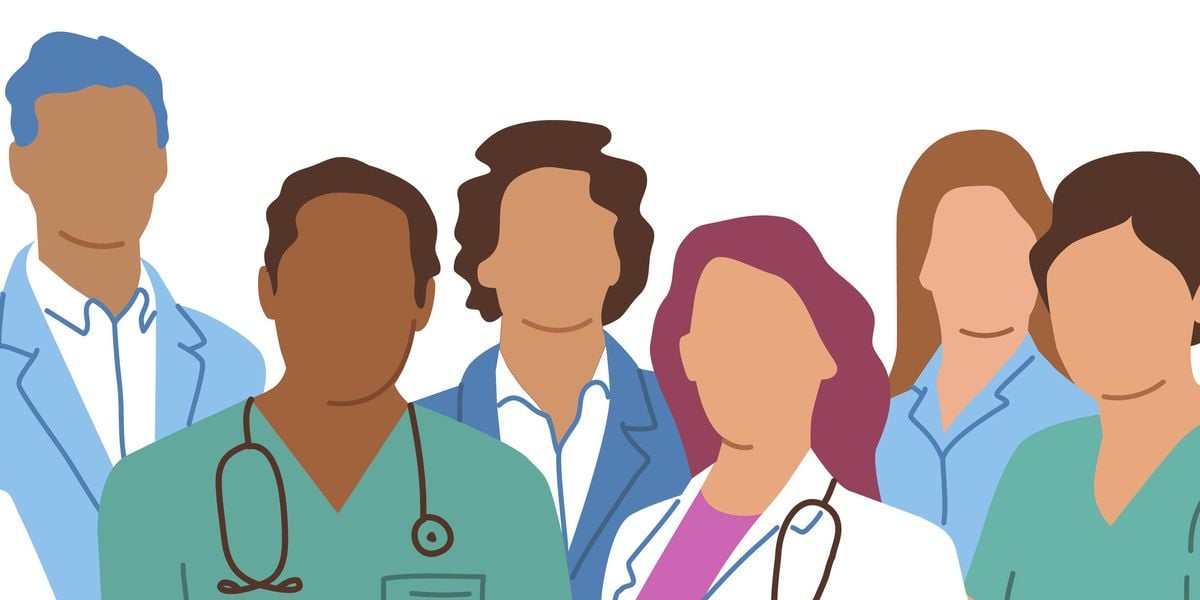The frequent presence of the sun and consistent heat is one of the biggest tourist appeals of Tunisia, while the Great Mosque of Kairoua, Cathedral of St. Vincent de Paul and Medina of Sousse will provide excellent sightseeing locations.
Popular destination for British tourists
Tunisia is accessible from the United Kingdom by either airplane or substantially longer train or car trips.
Getting to Tunis
Flying from London to Tunis, the capital of Tunisia, can take a variety of times depending on your airlines. Some can complete the trip in between three and five hours, while this can also extend to between 13-15 hours.
However, driving this trip, or taking a combination of train and ferry can require over 30 hours travelling.
If you have doubts regarding managing your diabetes while travelling to Tunisia, you should consult your diabetes specialist prior to departure.
FCO advice
The Foreign and Commonwealth Office (FCO) advises against all travel to certain sections of Tunisia for the safety of visitors, including:
- the militarized zone south of, but not including, the towns of El Borma and Dhehiba
- the area of the Chaambi Mountain National Park
- the border crossing points at Ghardinaou, Nefta and El Kef between Tunisia and Algeria
- within 5km of the Libya border area from north of Dhehiba up to, but not including the Ras Jedir border crossing
Several areas of Tunisia have declared military zones and visitors should scrupulously research their destination and any safety restrictions that may apply.
Time zone
The time difference in Tunisia is the same as British Summer Time and one hour ahead of Greenwich Mean Time.
Climate
The average climate in Tunisia is vastly hotter than that of the UK, with the summer period of June-September seeing average temperatures of roughly 26°C.
Insulin takers should be wary as warmer temperatures can enhance insulin absorption. Subsequently, additional checking of blood sugar levels is advised.
Vaccinations
There are no mandatory vaccinations to enter Tunisia, however some are recommended. You should consult your doctor eight weeks prior to your departure in order to receive the vaccinations in time.
All travellers are recommended to get vaccinations for hepatitis A and typhoid, which can both be contracted through contaminated food or water.
Some travellers are also recommended to receive vaccinations for other diseases, including hepatitis B and rabies, which can be carried by dogs, bats and other mammals in Tunisia.
You should also talk to your doctor about how to prevent the contraction of malaria while travelling. Your doctor may prescribe you medication before, during and after your stay and will advise you on what to do to avoid getting malaria.
There is no risk of yellow fever in Tunisia, although the government of Tunisia requires proof of yellow fever vaccination if you have travelled from a country with a risk of the disease.
Getting medication when in Tunisia
UK citizens with diabetes will not be entitled to any free medication services while in Tunisia. Securing comprehensive medical insurance will be essential in order to obtain even basic treatment.
Diabetic medication is available in Tunisia, but payment will be required from all pharmacies. Blood and urine testing equipment is available from most pharmacies.
The emergency services telephone number to be called in Tunisia is 197.
Insulin
You should note which syringes are available in Tunisia, with U-40 syringes the most commonly used.
The vast majority of insulin in the UK is U-100 insulin. If you take, or are given any other strength of insulin (e.g. U-80 or U-40 insulin) whilst abroad, your current doses will not be applicable.
For example, you would use a U-40 syringe for U-40 insulin. You will need to work with a doctor getting the right dose if you’re using a different form of insulin.
Diabetes associations
It is important to note the diabetes associations in the country you are travelling to in case of an emergency.
There is one diabetic association in Tunisia.
The address is:
- Association Tunisienne des Diabetiques, Boulevard 9 Avril, Immeuble SNIT – app 5L2, 1006 Tunis, Tunisia Tel: +216-71-569096 Email: [email protected]
Questions
- How is blood glucose measured in Tunisia? Unfortunately, we do not have the information of whether blood glucose is measured in mg/dl or mmol/l in Tunisia
- What language is spoken in Tunisia? Arabic, although French is often used as the language of commerce. It is advised to learn enough basic Arabic phrases, as well as those relating to your diabetes, to engage in day-to-day conversation as not all locals will have a grasp of English
- Will I need an international driving license when driving in Tunisia? Yes
- If I want to hire a vehicle during my visit, will I face any form of discrimination? No
- What sugar free drinks are available in Tunisia? Mineral water and soft drinks such as Diet Coke







